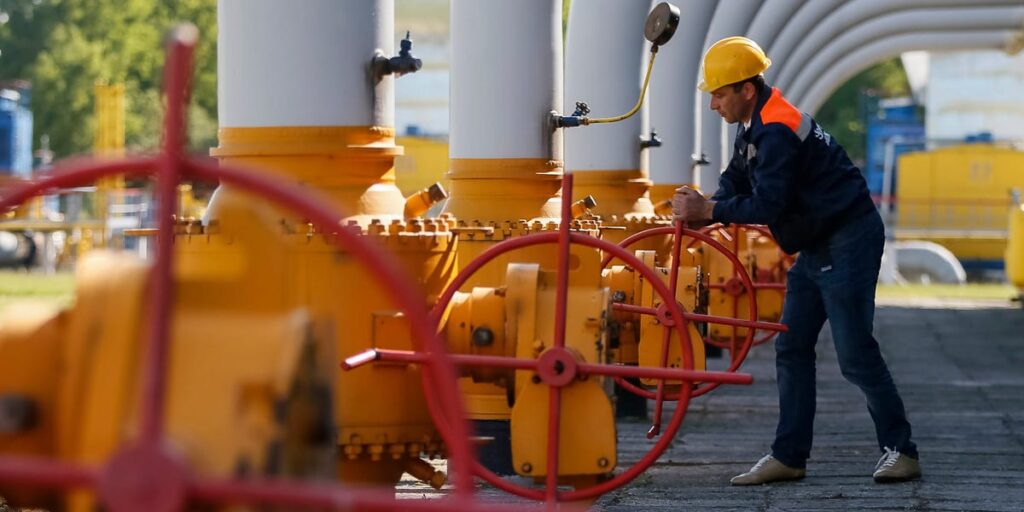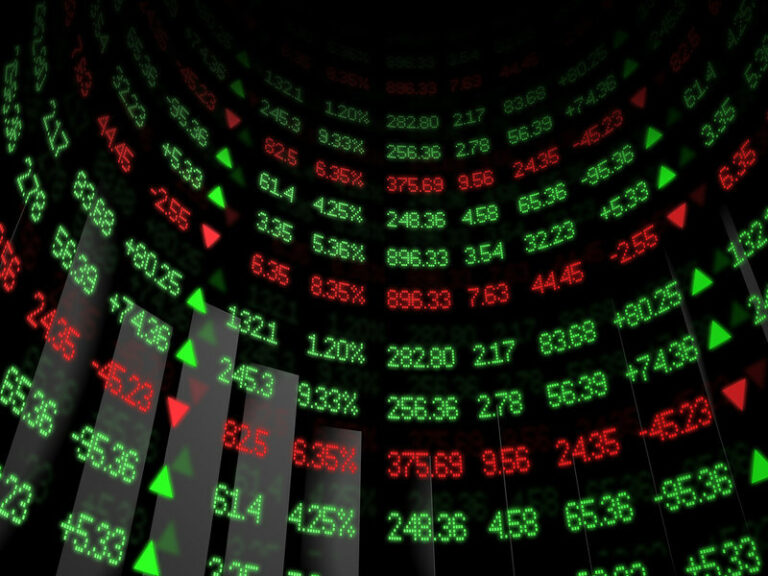
Natural Gas Prices Soar Amid Cold Winter Weather Forecasts Across US
- Natural gas futures surged 24% with a cold spell expected across the eastern half of the US.
- Forecasts call for below-average temperatures on the East Coast and parts of the Midwest for January.
- Rising gas prices are also influenced by fears of cold weather in Europe and continued sanctions against Russia.
Natural gas futures soared as much as 24% on Monday as investors anticipated a cold spell that would affect much of the United States.
Weather forecasts call for a significant temperature drop starting this weekend up and down the East Coast and some parts of the Midwest heading into January.
The cold weather is expected to be below average temperatures and dip into below-freezing levels.
“Nat gas surging +16% given forecasts of a cold front in the U.S in the coming days,” Patricia Medina, market analyst at the New York Stock Exchange, said on Monday.
Investors expect the temperature drop to spark a rebound in demand for the heating commodity, which is a common oil substitute.
The price of February futures for natural gas jumped to a high of $4.20 per million British thermal units in Monday’s trading session. The gain continues recent trends, with the price of natural gas up 176% since its 2024 intra-day low reached in mid-February and up about 90% since its early August lows.
Natural gas prices are on track to close at their highest level in nearly two years.
According to Alex Kuptsikevich, chief market analyst at FxPro, the predictions of cold weather that are driving gas prices up also extend into Europe.
“Fears of a cold winter in Europe are also pushing gas higher,” Kuptsikevich told Business Insider on Monday, adding that the recent price action should be bullish for oil prices.
“We note the five-week decline in US commercial crude oil inventories. Stocks are now 4.5% lower than a year ago and remain near the lower end of the range over the past decade. The picture is complemented by a series of six-week declines in gas inventories,” Kuptsikevich said.
Such low inventories would suggest further demand for the commodity.
Finally, continued sanctions against Russia’s economy are boosting demand for US liquefied natural gas, according to Kuptsikevich, helping put upward pressure on prices.
Overall, Kupsikevich is leaning bullish on the oil and gas sector, suggesting that the recent rally in commodity prices should continue as the incoming Trump administration has close ties with the oil lobby.
“The agenda of US energy exports around the world and declining support for alternative energy sources should favour oil,” Kuptsikevich said.


![EURUSD Futures (6E Mar 2025): Key Price Levels for Traders Today [Jan 02, 2025]](https://weightedaverage.fun/wp-content/uploads/2025/01/EURUSD-Futures-6E-Mar-2025-Key-Price-Levels-for-Traders.jpg)
